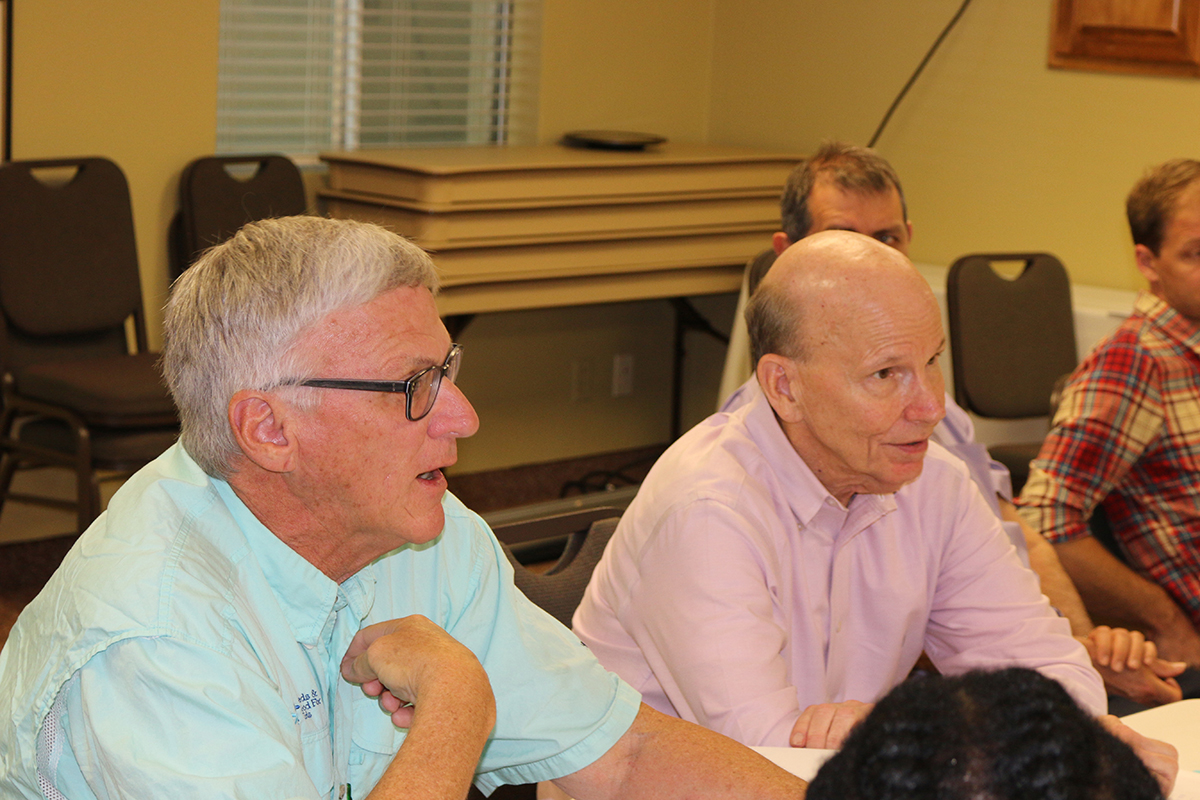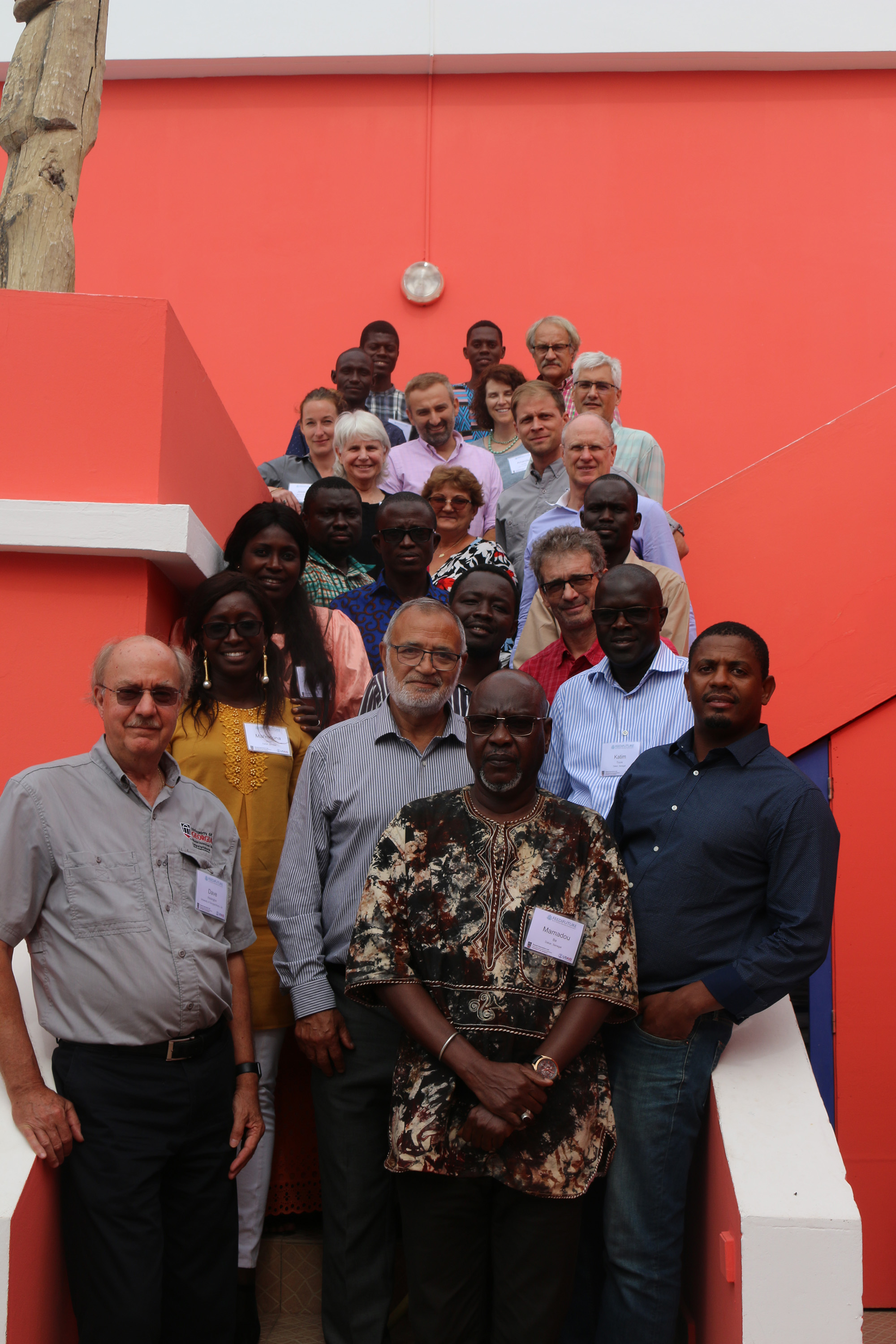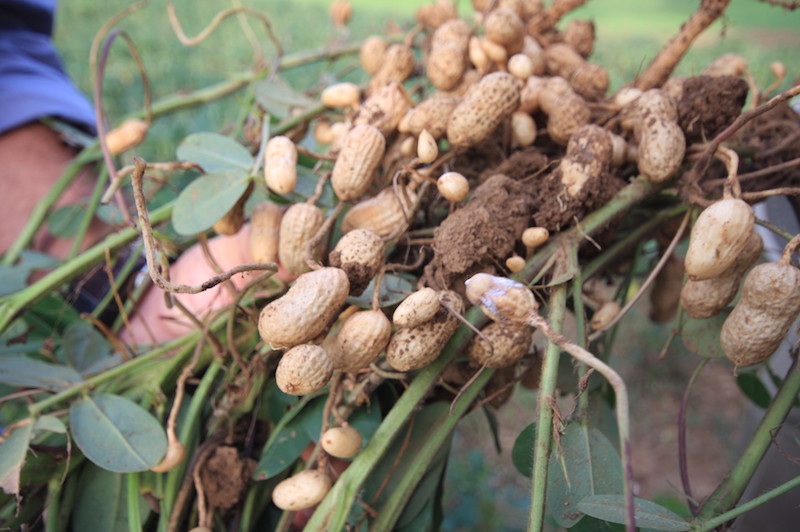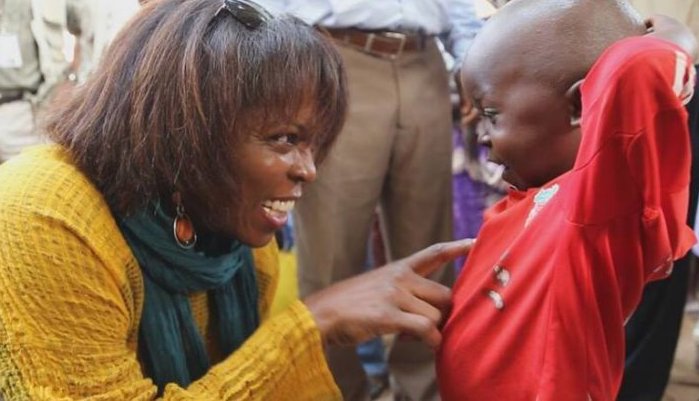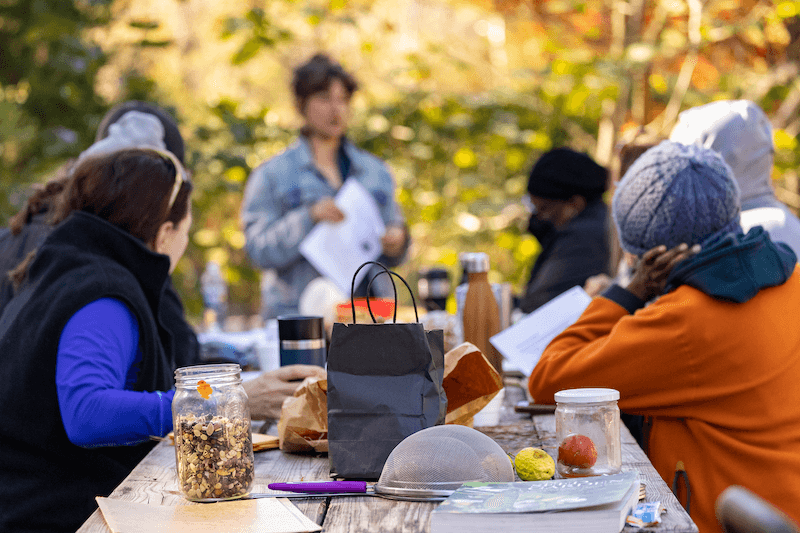 CAES News
CAES News
Food Insecurity
In the ever-growing metropolis of Atlanta, an invisible challenge persists for many residents — food insecurity. Defined as having limited or uncertain access to adequate, nutritious food, the reasons behind this challenge are complex and multifaceted. With dedicated efforts to address this pressing issue, the University of Georgia has boots on the ground offering a combination of education and community engagement, nourishing both bodies and communities in the process.


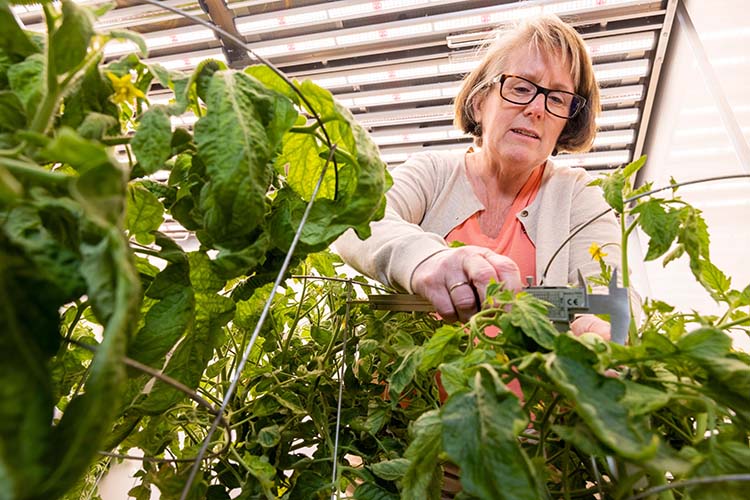

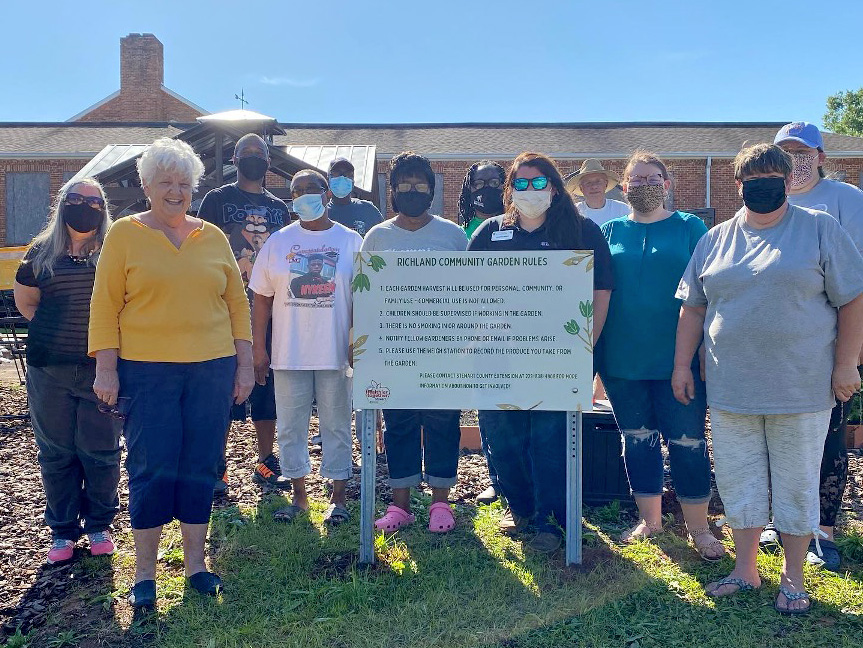
.jpeg)
